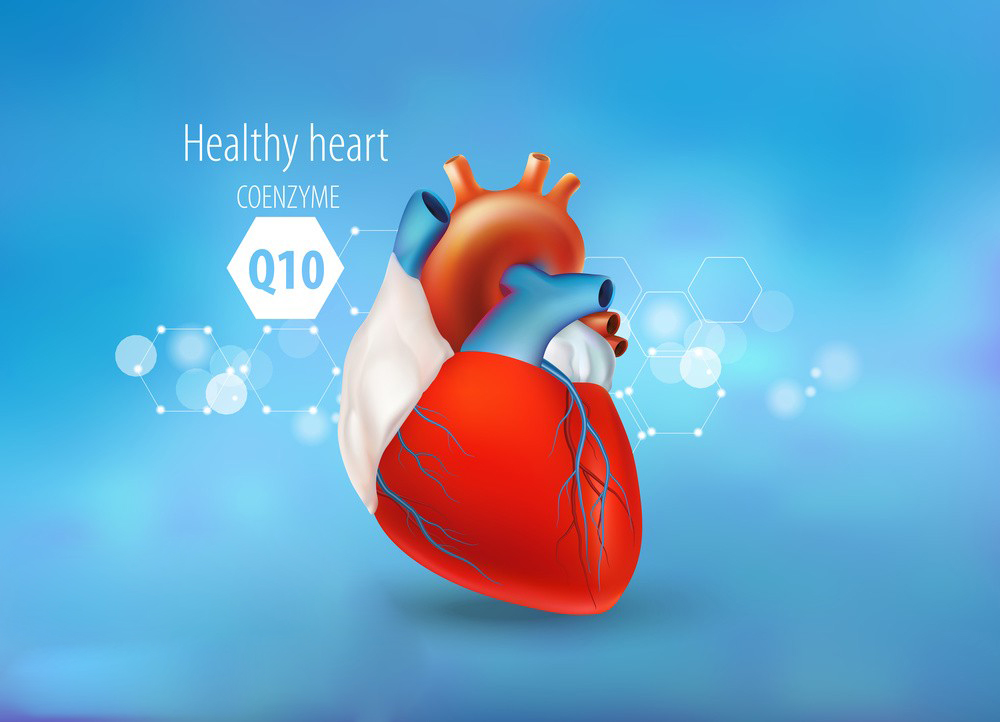Coenzyme Q10 (CoQ10), also known as ubiquinone, is a naturally occurring compound found in the body that plays a crucial role in the production of energy within cells. It is also available as a dietary supplement and is promoted for various potential health benefits. Here are some of the pros and cons associated with Coenzyme Q10:

Pros of Coenzyme Q10:
- Energy Production: CoQ10 is a key component of the electron transport chain, which is involved in the production of adenosine triphosphate (ATP), the body’s primary source of energy. Supplementing with CoQ10 may help increase energy levels, particularly in individuals with CoQ10 deficiencies.
- Antioxidant Properties: CoQ10 has antioxidant properties, which means it helps protect cells from oxidative damage caused by free radicals. This can be beneficial for overall health and may have anti-aging effects.
- Heart Health: CoQ10 is often used as a supplement to support heart health. It may help reduce blood pressure, improve blood vessel function, and lower the risk of heart disease. Some studies suggest it can be beneficial for individuals with heart conditions.
- Neuroprotective: CoQ10 may have neuroprotective properties, and it has been studied for its potential in managing neurodegenerative conditions like Parkinson’s disease and Alzheimer’s disease. However, more research is needed in this area.
- Migraine Prevention: Some people find that CoQ10 supplements can help reduce the frequency and severity of migraines.
- Improved Exercise Performance: CoQ10 may enhance exercise performance by increasing mitochondrial efficiency and energy production within muscles.
Cons of Coenzyme Q10:
- Limited Scientific Evidence: While CoQ10 has been studied for various health benefits, the scientific evidence is often mixed or inconclusive. More research is needed to confirm many of its potential advantages.
- Possible Side Effects: CoQ10 supplements are generally considered safe for most people when taken at recommended doses. However, some individuals may experience mild side effects like digestive issues, nausea, or diarrhea.
- Interactions with Medications: CoQ10 can interact with certain medications, including blood-thinners and drugs that lower blood pressure. If you are taking medication, it’s essential to consult with a healthcare provider before starting a CoQ10 supplement.
- Cost: High-quality CoQ10 supplements can be relatively expensive, which may make them less accessible for some individuals.
- Variable Absorption: The body’s ability to absorb CoQ10 from supplements can vary among individuals. Some people may not absorb it effectively, limiting its potential benefits.
- Not a Cure-All: CoQ10 is not a miracle cure for any specific condition. It should be considered as part of a broader approach to health and used in consultation with a healthcare provider.

In summary, Coenzyme Q10 may offer several potential health benefits, particularly for energy production, heart health, and antioxidant protection. However, its effectiveness can vary from person to person, and it’s essential to consult with a healthcare professional before adding it to your supplement regimen, especially if you have underlying health conditions or are taking medications. Always follow the recommended dosage guidelines and be aware of potential side effects and interactions.
